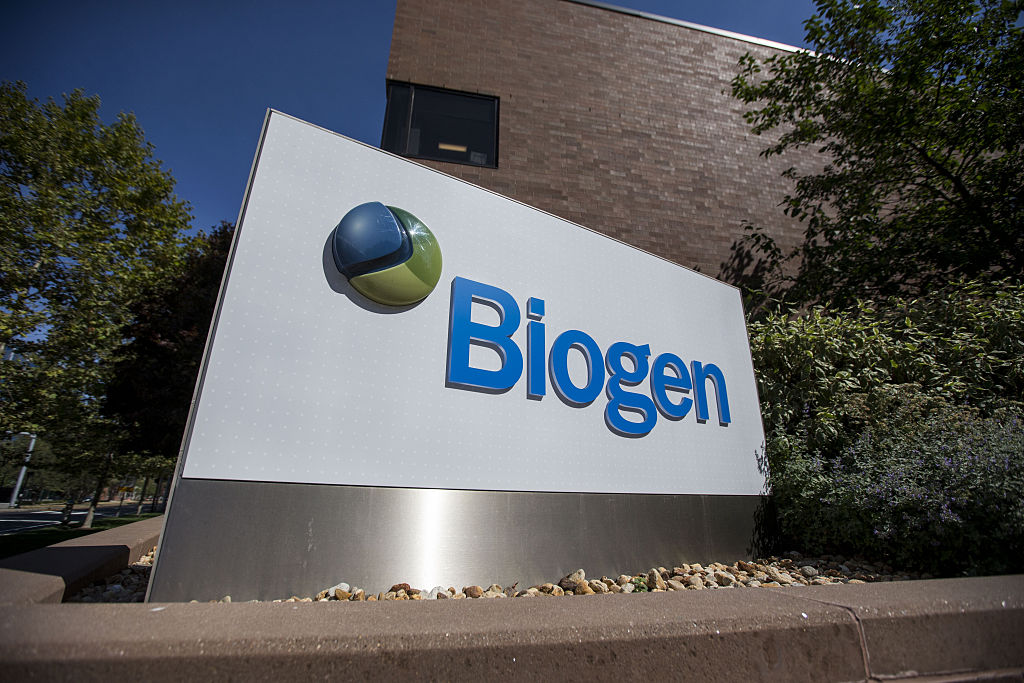(With updates with what other blogs are saying; see below):
The Supreme Court issued a unanimous and somewhat surprising decision limiting the scope of business methods patents. The ruling in In Re Bilski upheld a lower court decision that invalidated two inventors’ patent on a method of hedging weather-related risk in energy prices. The high court said it couldn’t be granted because the process wasn’t “tied to a particular machine or apparatus” and it didn’t “transform a particular article into a different state or thing.”
The biotechnology and pharmaceutical industry trade groups had asked the high court to overturn the ruling because many of their members’ patents rely on similarly vague methods claims and are not related to actual products. The recent court decision invalidating Myriad Genetics patents on the BRCA1 and BRCA2 genes was at risk if the Bilski case went the other way.

BioLabs Pegasus Park Cultivates Life Science Ecosystem
Gabby Everett, the site director for BioLabs Pegasus Park, offered a tour of the space and shared some examples of why early-stage life science companies should choose North Texas.
The primary plaintiff in the Myriad suit — the Public Patent Foundation — found little solace in the ruling. “It’s a waste of paper,” wrote Dan Ravicher, the group’s executive director. “It does nothing but punt the issue to be fought again in the future. Both the plurality and the concurrence rely on conclusory labels without any meaningful definition. Everyone can claim victory, except of course Mr. Bilski himself.”
Still, the ruling could lead to more patent challenges against overly broad patents that claim ownership of genes and pathways based on their proven relationship to a disease, even when the claimant has no “machine or apparatus,” i.e., a drug, that would affect the disease. Let’s hope so. I’ve seen many patents whose claims read something like this: “This invention entails the XXX gene, whose overexpression creates a surplus of the YYY receptor, which creates a pathway known to be involved in ZZZ disease, so this patent claims any and all methods of inhibiting or promoting that pathway.”
While the Roberts court is almost always business friendly, this ruling seems to be a blow for common sense and is positive for innovation, despite the protests of the biotech industry. It should enable more small companies to conduct experiments in areas previously walled off by overly generous methods patents.
What others are saying:

A Deep-dive Into Specialty Pharma
A specialty drug is a class of prescription medications used to treat complex, chronic or rare medical conditions. Although this classification was originally intended to define the treatment of rare, also termed “orphan” diseases, affecting fewer than 200,000 people in the US, more recently, specialty drugs have emerged as the cornerstone of treatment for chronic and complex diseases such as cancer, autoimmune conditions, diabetes, hepatitis C, and HIV/AIDS.
- The ruling will have limited impact on biotech and will depends on the facts on each case, according to the Cross-Border Biotech blog.
- Bloomberg: Myriad, Diagnostic-Test Makers May Get Boost after Top Court Patent Ruling.












